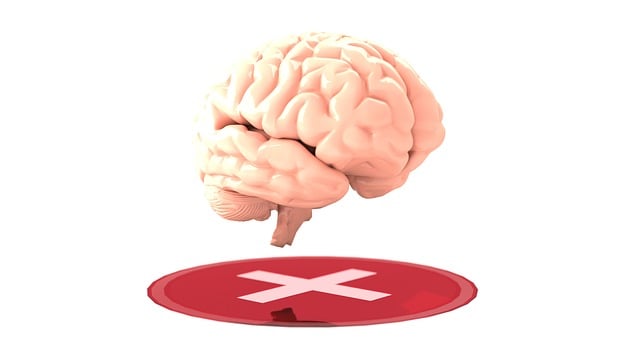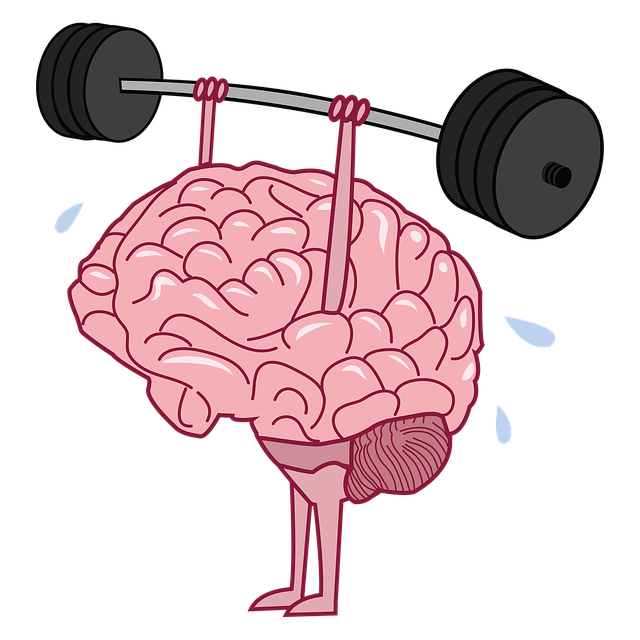Castle Rock Hypnosis Therapy offers a nuanced, comprehensive approach to mental illness diagnosis and treatment. Through in-depth evaluations, sensitive care tailored to diverse backgrounds, rigorous risk assessments, and evidence-based practices, they lead in holistic healing. Combining hypnosis with mindfulness meditation, they empower clients with self-awareness and emotional regulation skills. Their expert team guides individuals through complex therapy options, promoting understanding, acceptance, and recovery journeys supported by compassionate care and effective self-care resources.
Mental illness diagnoses can be complex, but understanding the process is key to navigating effective treatment. In this comprehensive guide, we explore the intricacies of mental health assessments and introduce innovative approaches like Castle Rock Hypnosis Therapy. From unraveling diagnosis criteria to delving into treatment options and self-care strategies, this article empowers individuals to take charge of their mental well-being. Discover how Castle Rock Hypnosis Therapy offers a unique path to recovery alongside traditional methods.
- Understanding Mental Illness Diagnoses: Unraveling the Process
- The Role of Castle Rock Hypnosis Therapy in Treatment
- Navigating Treatment Options: A Comprehensive Guide
- Support Systems and Self-Care for Optimal Recovery
Understanding Mental Illness Diagnoses: Unraveling the Process

Mental illness diagnoses are complex processes that require a comprehensive understanding of an individual’s symptoms, medical history, and overall well-being. At Castle Rock Hypnosis Therapy, we recognize the importance of accurate diagnosis as a foundational step towards effective treatment. The journey begins with detailed evaluations conducted by qualified healthcare providers who employ evidence-based methods to assess mental health conditions. This involves in-depth conversations about symptoms, their impact on daily life, and any relevant trauma or stressful events.
Trauma Support Services play a significant role in this process, as many mental health disorders are closely linked to past traumatic experiences. Healthcare Provider Cultural Competency Training is also vital, ensuring that practitioners can sensitively navigate diverse patient backgrounds and tailor their approaches accordingly. Additionally, a thorough risk assessment for mental health professionals is essential to identify potential hazards and implement safety measures, especially when dealing with complex cases.
The Role of Castle Rock Hypnosis Therapy in Treatment

Castle Rock Hypnosis Therapy offers a unique and effective approach to addressing mental health concerns, providing an alternative treatment option for those seeking relief from various psychological disorders. This therapeutic technique focuses on harnessing the power of the subconscious mind to promote healing and positive change. By employing hypnosis, clients can gain access to their deepest resources, enabling them to confront and overcome internal challenges that may be impeding their well-being.
Incorporating mindfulness meditation techniques within the hypnosis process allows individuals to develop a stronger sense of self-awareness and emotional regulation. This, in turn, facilitates conflict resolution skills, helping clients navigate interpersonal struggles with greater ease. Additionally, Castle Rock Hypnosis Therapy contributes to Mental Illness Stigma Reduction Efforts by fostering understanding and acceptance, empowering individuals to embrace their journey towards recovery with support and compassion.
Navigating Treatment Options: A Comprehensive Guide

Navigating treatment options for mental illness can feel like traversing a complex labyrinth. Individuals often find themselves overwhelmed by the variety of choices available, each with its own nuances and potential benefits. At Castle Rock Hypnosis Therapy, we offer a comprehensive guide to help demystify this process. Our expert team facilitates understanding by breaking down different therapeutic approaches, such as mental wellness coaching programs and social skills training, ensuring you make informed decisions tailored to your unique needs.
We believe in the power of diverse strategies, including community outreach program implementations, to foster holistic healing. By combining evidence-based practices with personalized care, we aim to empower individuals to take charge of their mental health journeys. Our goal is to provide clarity and support throughout every step, ensuring you feel equipped to navigate—and ultimately triumph over—the challenges that lie ahead.
Support Systems and Self-Care for Optimal Recovery

Building a robust support system is an integral part of mental illness diagnosis and treatment navigation. Castle Rock Hypnosis Therapy encourages clients to surround themselves with understanding and compassionate individuals who can provide emotional support during their recovery journey. This may include family, close friends, or joining peer support groups where one can share experiences, gain insights, and foster a sense of belonging. Such connections are vital for maintaining motivation, especially when facing challenges.
In addition to external support, self-care practices play a significant role in optimal recovery. Engaging in regular self-care routines helps individuals manage stress levels and promote mental wellness. This can involve activities such as mindfulness exercises, meditation, consistent sleep schedules, healthy eating habits, and participation in hobbies or physical activities that bring joy and relaxation. The Mental Wellness Podcast Series Production can offer valuable resources and guidance on implementing effective self-care practices tailored to individual needs.
Mental illness diagnosis and treatment can be a complex journey, but with the right resources, it is possible to navigate these challenges successfully. By understanding the diagnostic process, exploring innovative therapies like Castle Rock Hypnosis Therapy, and adopting comprehensive guides for treatment options, individuals can take control of their mental health. Additionally, building strong support systems and prioritizing self-care are vital components of optimal recovery. With dedication and access to effective resources, healing and wellness are achievable.














